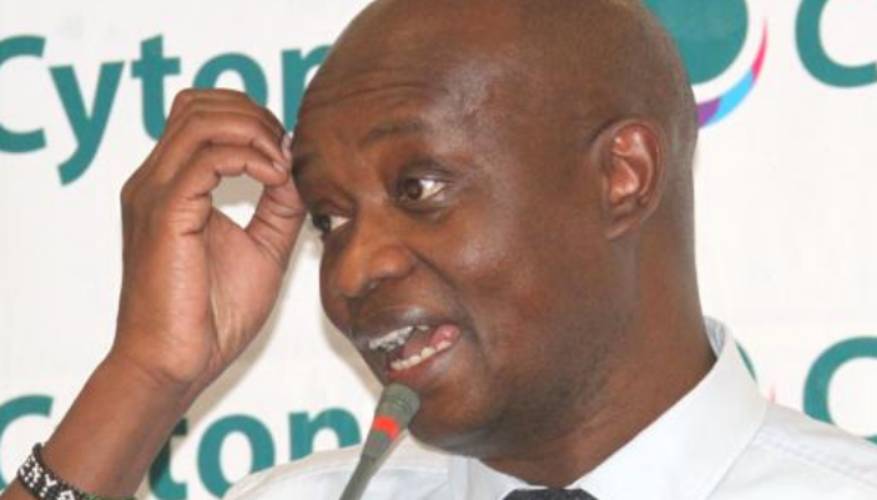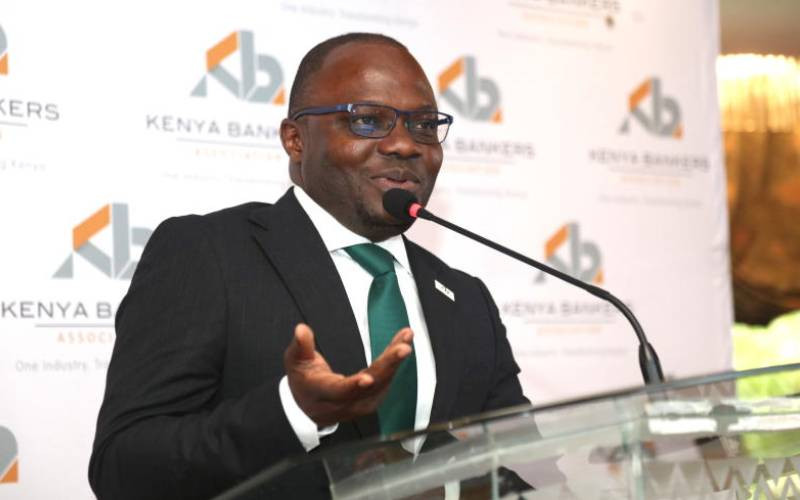×
The Standard e-Paper
Kenya’s Boldest Voice

Last month, Cytonn Investments sued John Matheka – one of its investors – claiming Sh17 million for defamation after serving him a cease and desist notice.
While the investment firm argued the move was to protect its brand from harm, going after one of its clients highlighted the souring relations between the firm and investors over the past year.







